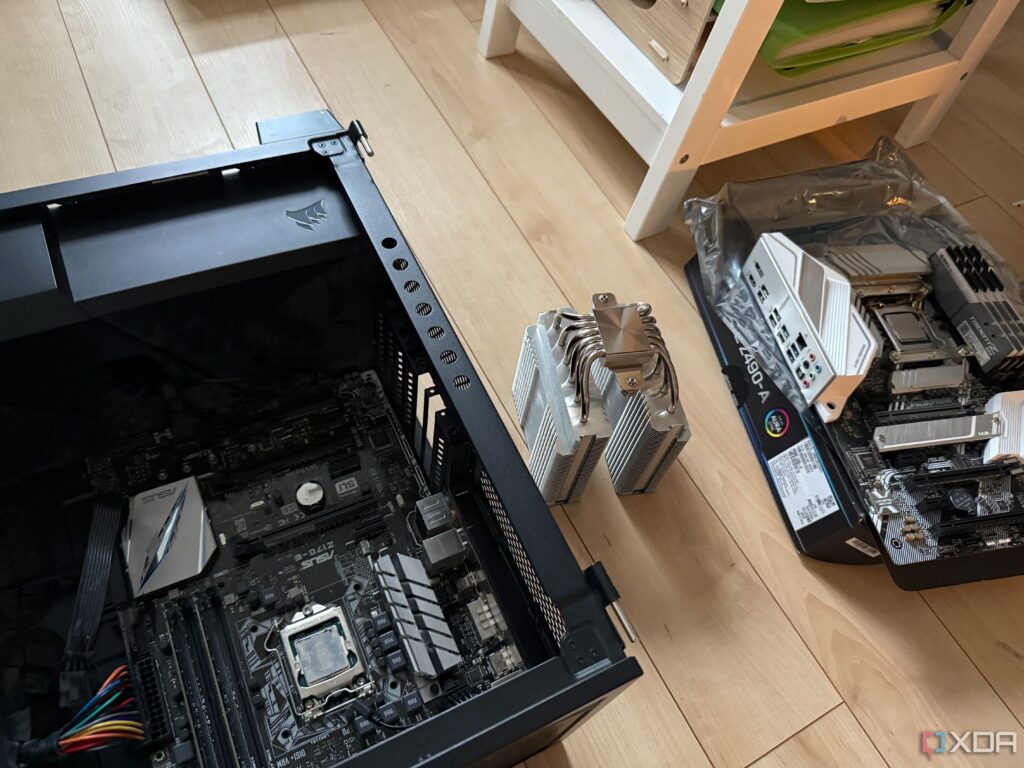
URGENT UPDATE: A tech enthusiast has made waves in the PC building community by swapping a full tower ATX case for a more compact model, revealing crucial insights into the challenges and rewards of downsizing. This transition highlights significant considerations for anyone contemplating a shift to small form factor (SFF) builds.
In a recent post, the builder detailed the transformative experience, noting challenges such as compatibility issues with existing hardware and the necessity of selecting parts tailored for smaller cases. The decision to downsize was not taken lightly, as the enthusiast faced a steep learning curve. “If you’re planning to do this yourself, start with the case and power supply,” they advised, underscoring the importance of planning.
One of the most pressing concerns was the inability to retain large HDDs, which had to be sacrificed due to space constraints. The builder successfully replaced their GPU, motherboard, and CPU cooler with compact alternatives, streamlining the build process.
Despite initial concerns, cable management proved easier than expected, though inexperienced builders are cautioned against starting with small cases. “All the normal difficulties that a beginner would have are compounded many times over with a smaller chassis,” the builder stated. This serves as a critical warning for novices considering their first PC build.
Noise levels and thermal management in compact cases are also distinct from their larger counterparts. The builder emphasized the need for tuning to enhance performance, particularly through undervolting the CPU and GPU. “Every degree shaved off counts,” they explained, noting that effective thermal management is crucial in smaller builds.
The daily use of the compact PC proved to be a surprisingly positive experience, especially in space-constrained environments like a condo. However, the enthusiast expressed a preference for larger cases, citing increased noise under load as a significant drawback. “If you already have a full-sized rig with full-sized parts, I wouldn’t run out to buy compact equivalents,” they cautioned.
This experience serves as a reminder that transitioning to a compact case is not for everyone. It requires careful planning, especially regarding future upgrades. Upgrading components involves meticulous cross-referencing of dimensions to avoid overcrowding the case.
For those who relish the challenge of compact builds and seek to reclaim desk space, the rewards can be substantial. However, for individuals who prioritize silence, upgrade flexibility, and ease of assembly, maintaining a full-size ATX build remains the wiser choice.
As the discussion around compact PC builds continues to grow, this builder’s insights shed light on the evolving landscape of gaming and computing hardware, appealing to both seasoned builders and newcomers alike. With the right preparation, small form factor PCs can deliver outstanding performance in the right context, but they demand a commitment to planning and execution.






